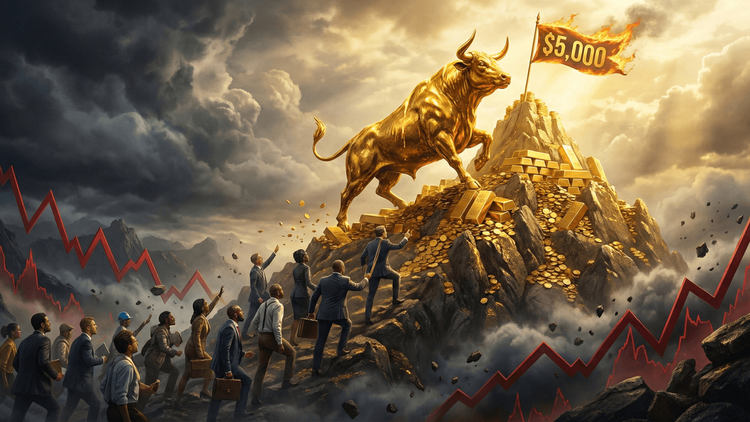UN Chief Guterres Leads the Call for Change at Davos 2025
Global Leaders Confront Climate, AI, and Trade Challenges at Davos 2025

The annual World Economic Forum (WEF) in Davos has always been a melting pot of pressing global issues, but 2025's gathering carries unparalleled weight. With international trade disruptions, the rise of artificial intelligence (AI), and climate change threats looming large, leaders from every corner of the globe are convening to chart a path forward. At the forefront is UN Secretary-General António Guterres, whose dire warnings about climate and AI resonate strongly among the world’s elite.
Climate Change: Guterres’ Unwavering Warning
UN Secretary-General Guterres didn’t mince words when addressing the global thirst for fossil fuels, comparing it to a "Frankenstein monster." The metaphor underscored the existential threat posed by climate inaction. Referring to 2024 as the hottest year on record, Guterres emphasized the devastating effects of rising sea levels and extreme weather events.
“Companies retreating from climate commitments are on the wrong side of history,” Guterres declared, imploring industries to take responsibility for their environmental impact.
The Rise and Risks of Artificial Intelligence
While the promise of AI dominated much of the dialogue, concerns about its governance were equally prominent. Guterres stressed the potential of AI to revolutionize industries but cautioned against leaving its development unchecked.
“Ungoverned AI could become a tool of deception, disrupt labor markets, and even erode trust in institutions,” he warned. This sentiment was echoed by other participants, including Accenture CEO Julie Sweet, who advocated for "innovation-first" approaches balanced by robust guardrails.
Notably, U.S. President Donald Trump announced a $500 billion infrastructure venture, dubbed the "Stargate Project," to address AI’s growing energy demands. The initiative signals a race to cement AI as a pillar of economic growth, with global leaders watching closely.
Global Trade: Navigating Tariffs and Alliances
Trade and tariffs remain contentious topics as nations grapple with evolving economic landscapes. Trump’s tariff policies, targeting countries with significant trade surpluses, have sparked concern across Europe and Asia.
British Treasury Chief Rachel Reeves sought to calm fears, asserting that the U.K.'s trade deficit with the U.S. could shield it from Trump’s punitive measures. "Our economies are deeply intertwined," Reeves remarked, highlighting the mutual benefits of Anglo-American trade ties.
Social Media: A Call for Regulation in Europe
Spanish Prime Minister Pedro Sánchez issued a scathing critique of social media's influence on democracy, describing platforms as tools of division and misinformation. His call for greater EU regulation includes measures to end user anonymity and enforce accountability for platform owners.
“The tech billionaires have concentrated power that rivals national governments,” Sánchez stated, urging for transparency in social media algorithms to prevent exploitation.
The Role of Emerging Economies
Emerging economies are leveraging Davos as a platform to secure investments and partnerships. Malaysian Prime Minister Anwar Ibrahim discussed initiatives to fast-track AI adoption, focusing on education, healthcare, and job creation.
“Our goal is to harness AI’s potential while addressing its challenges,” Anwar said, emphasizing collaboration with regional neighbors like Singapore to drive economic progress.
Conclusion: A Forum of Challenges and Opportunities
Davos 2025 encapsulates the complexities of a world at a crossroads. From climate action to AI innovation and trade negotiations, the discussions underscore the urgency of collective action. Leaders leave Davos with ambitious goals, but the real test will be their ability to translate dialogue into measurable progress.






